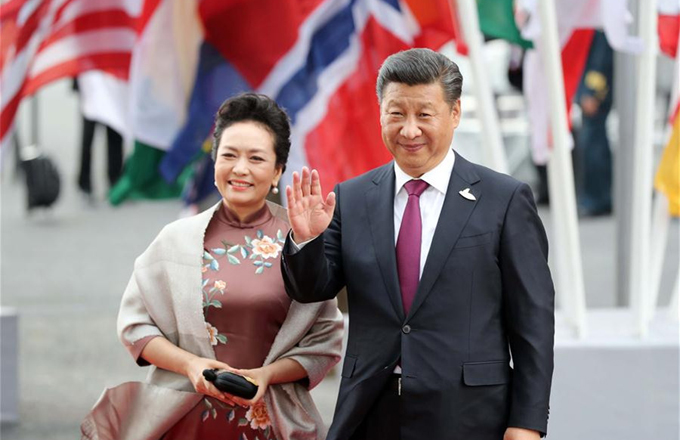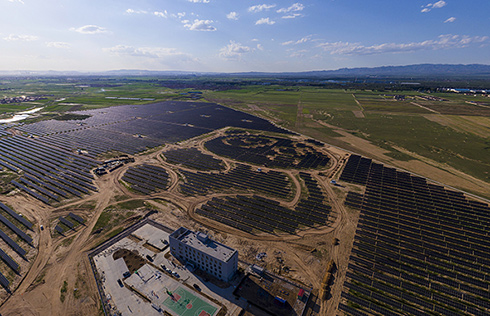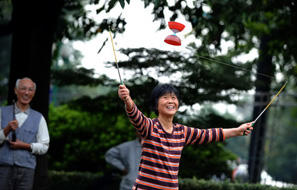Two years after smoking ban begins, Beijing has fewer smokers: white paper
BEIJING - Beijing had fewer smokers in 2016, the second year of the city's smoking ban, according to a white paper issued Wednesday.
The rate of smokers aged 15 years old and above in 2016 was 22.3 percent, 1.1 percentage points lower than 2014, amounting to 200,000 less smokers in the city, according to a report on health conditions in Beijing released by the municipal health and family planning commission.
The quitting rate -- which measures the percentage of participants who quit smoking during the survey period -- rose by 1.9 percentage points to 16.8 percent in 2016.
Another 15.5 percent of the surveyed smokers said they will quit smoking in the next 12 months, said the report.
Beijing, which is home to more than four million adult smokers, rolled out what has been deemed the "strictest smoking ban in history" on June 1, 2015, prohibiting smoking in indoor public places, workplaces and public transportation.
Gao Xiaojun, spokesperson for the Beijing Health and Family Planning Commission, said at the press conference for the release of the white paper, that health authorities will organize contests to encourage smokers to quit.
The white paper, the eighth of its kind, also showed that Beijing's average life expectancy rose by 1.56 years in the last eight years, to reach 82.03.
Compared with statistics in 2009, Beijing's maternal mortality rate went down by 25.6 percent and the infant mortality rate dropped by 37.7 percent, according to the white paper.
However, chronic diseases, including malignant tumors, heart diseases and cerebrovascular diseases, remain grave challenges for healthcare. Last year, mortality rates of these three types, the most fatal chronic diseases for Beijing residents, all rose from their levels in 2015.




















